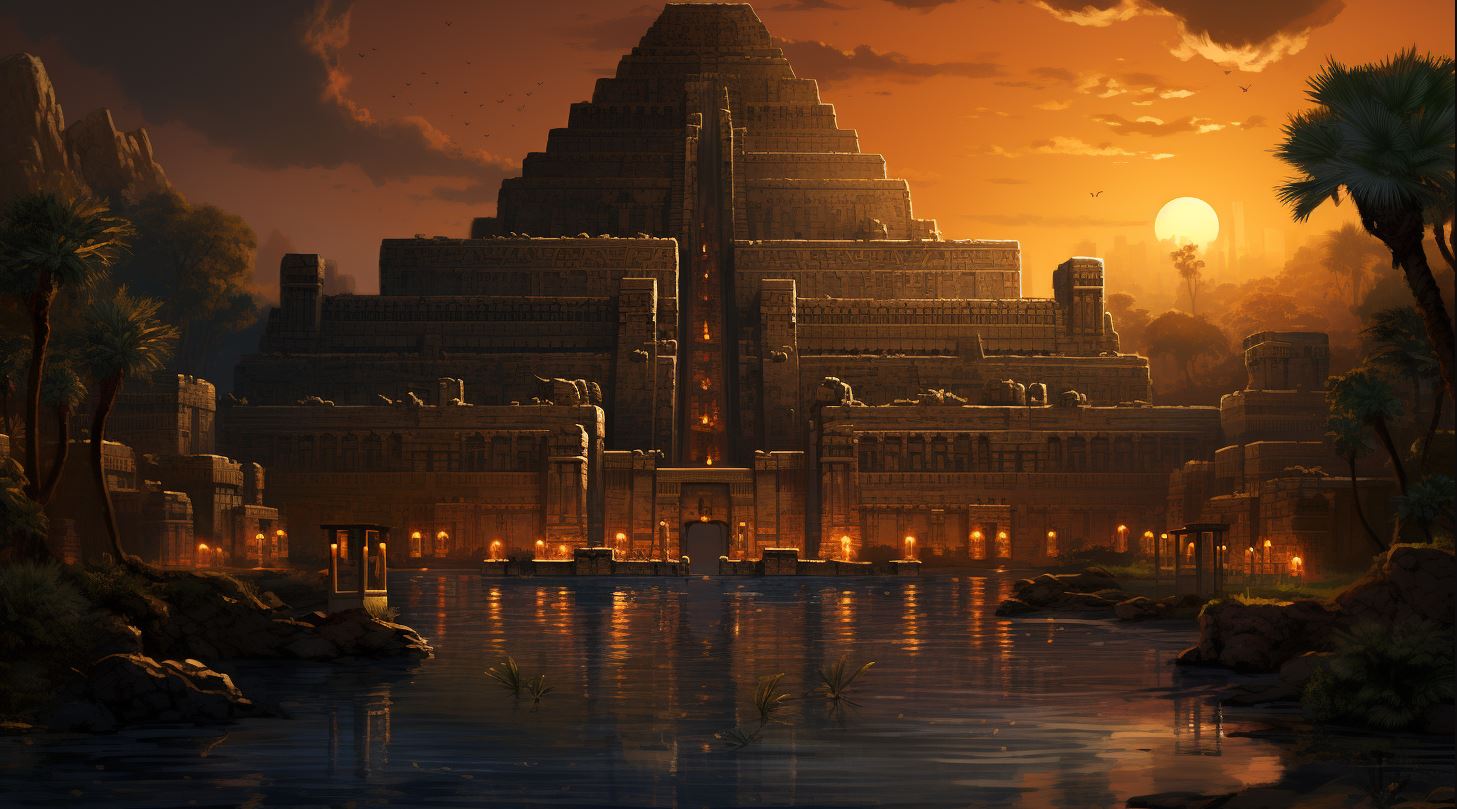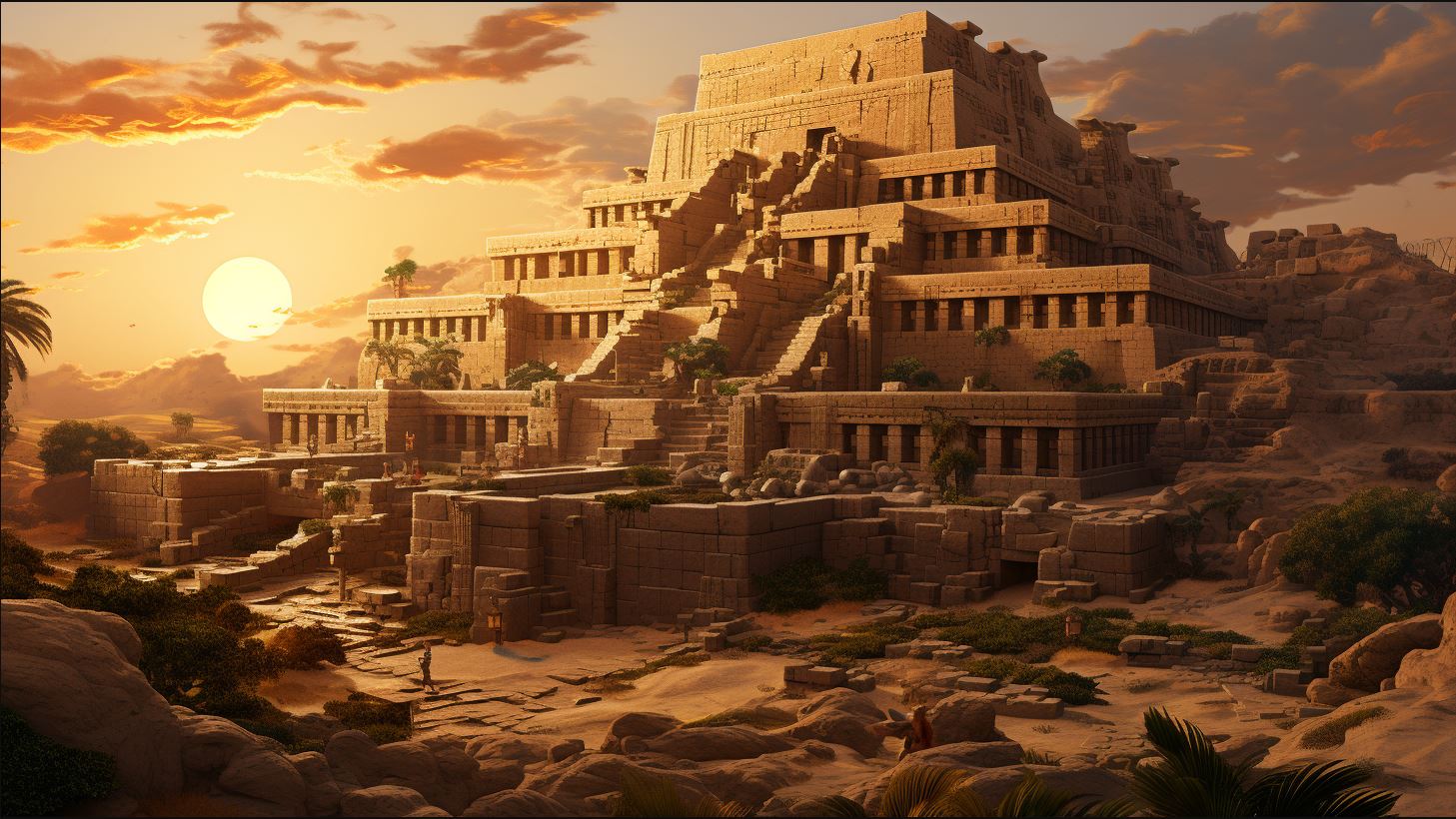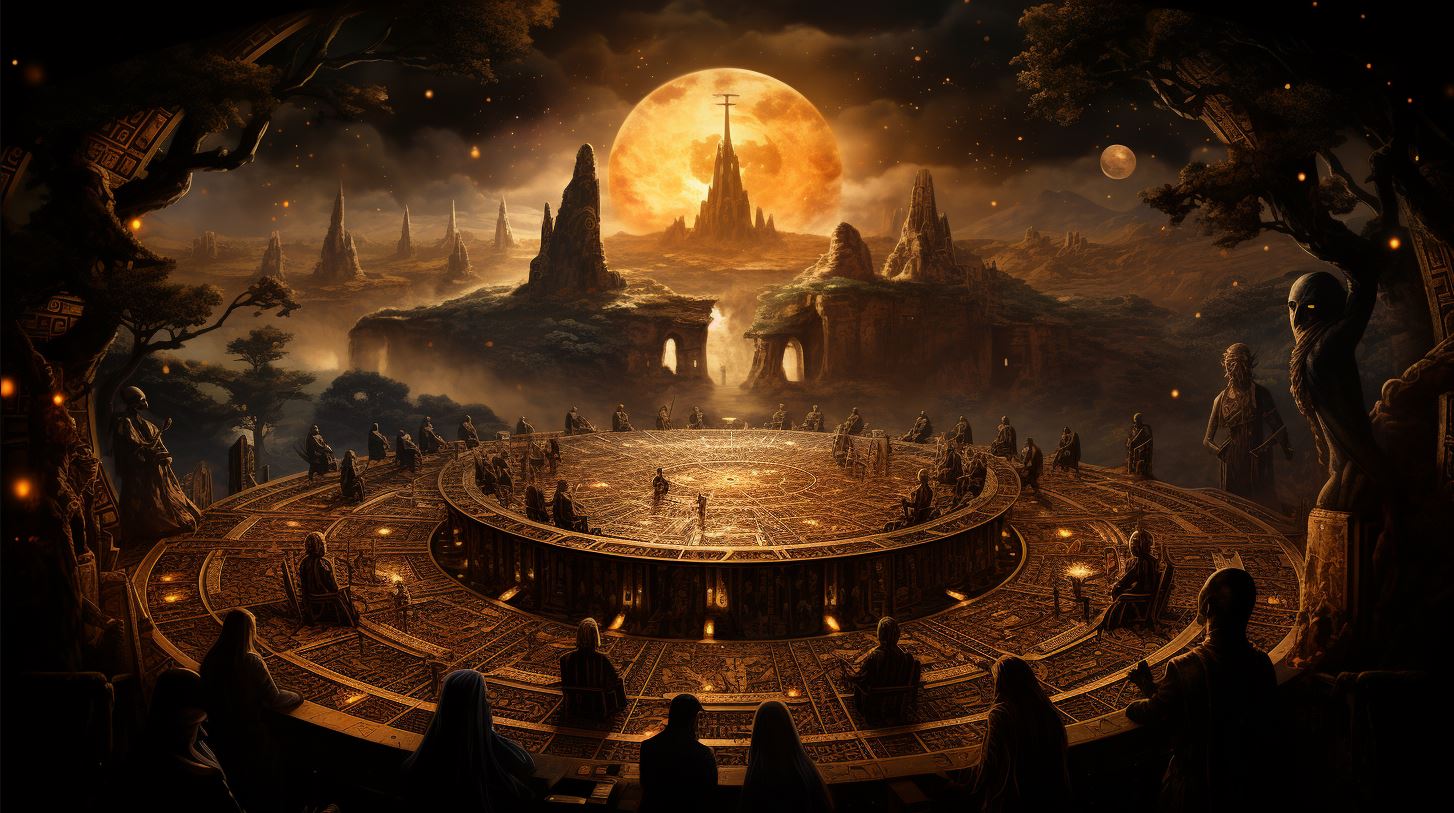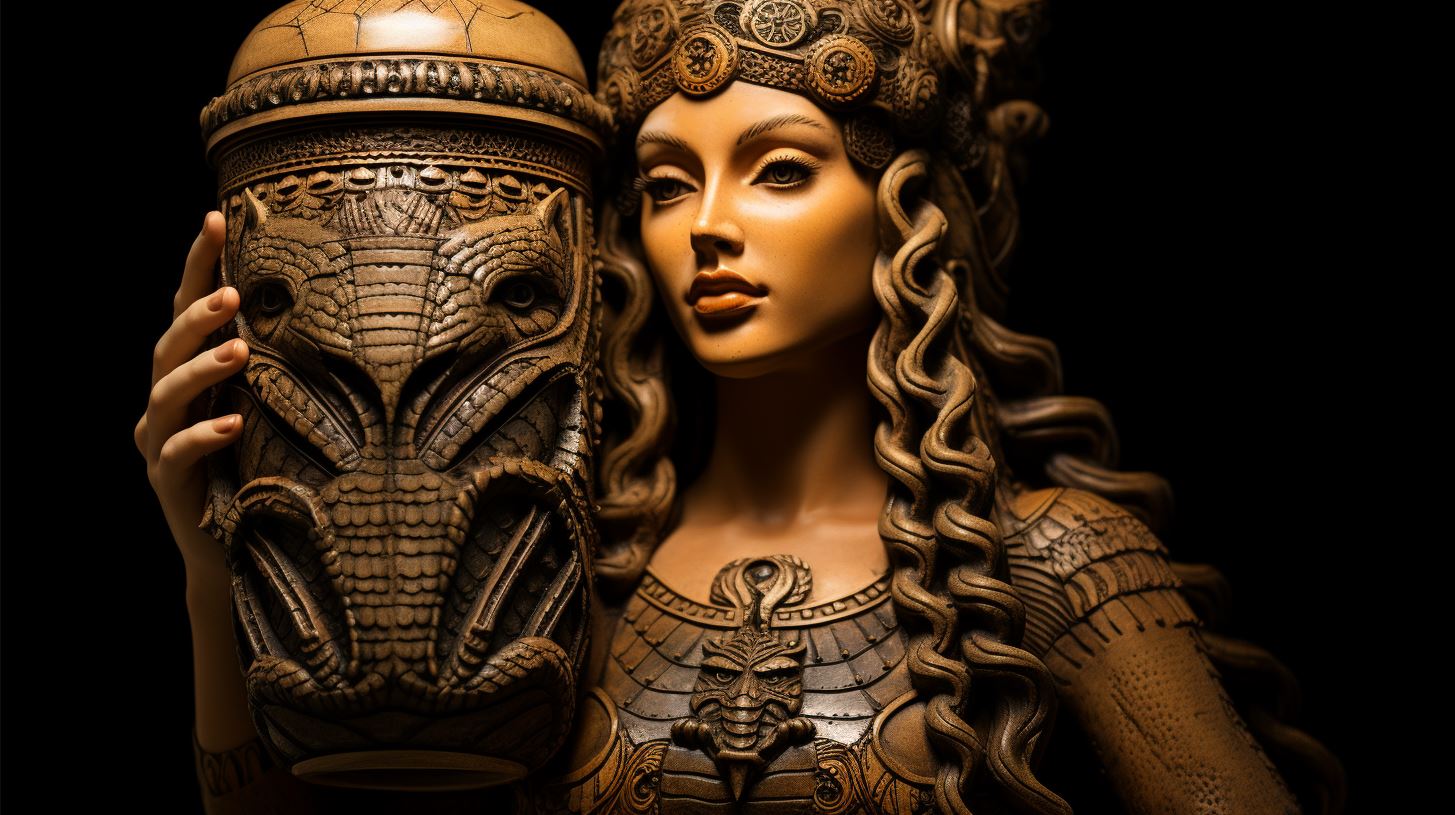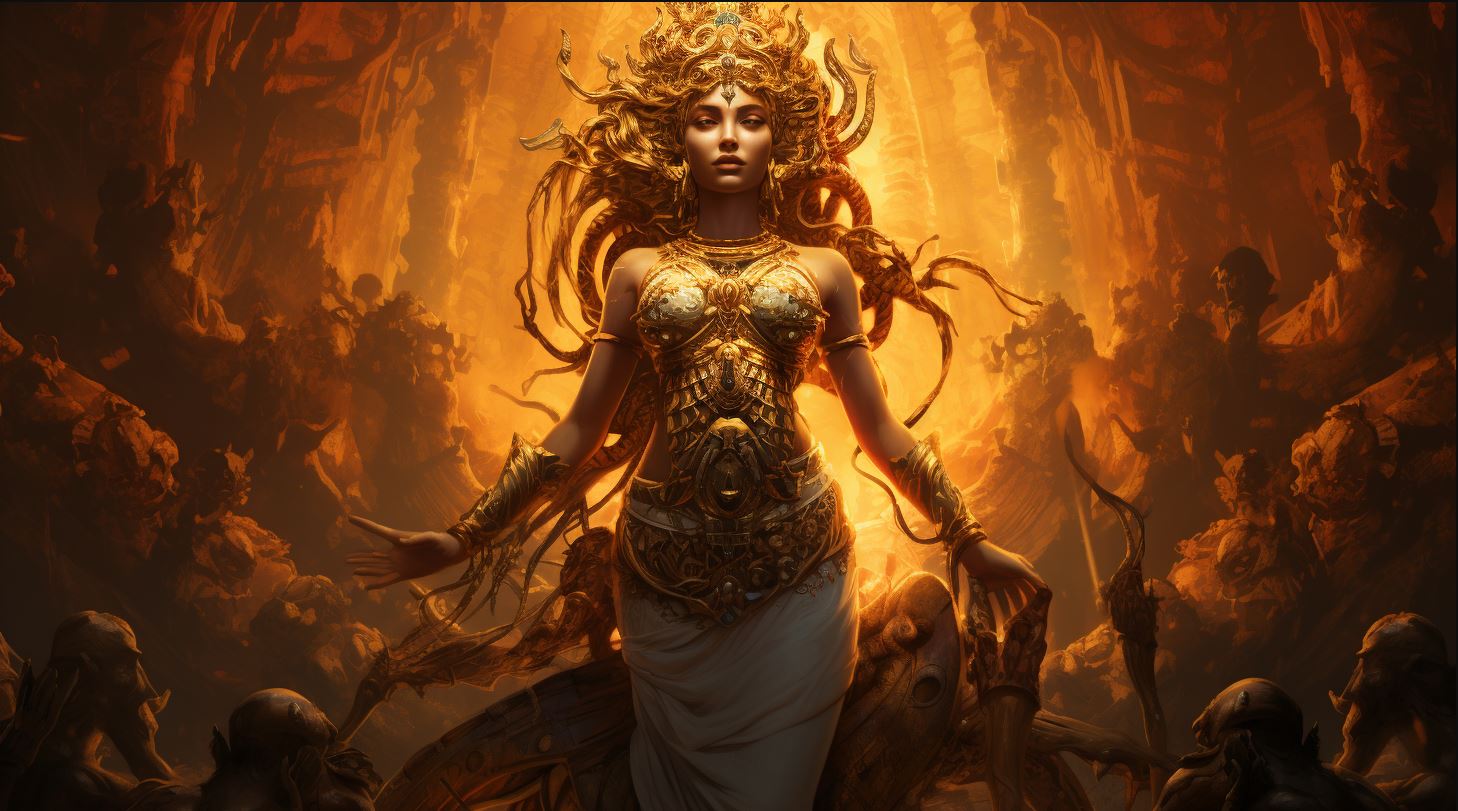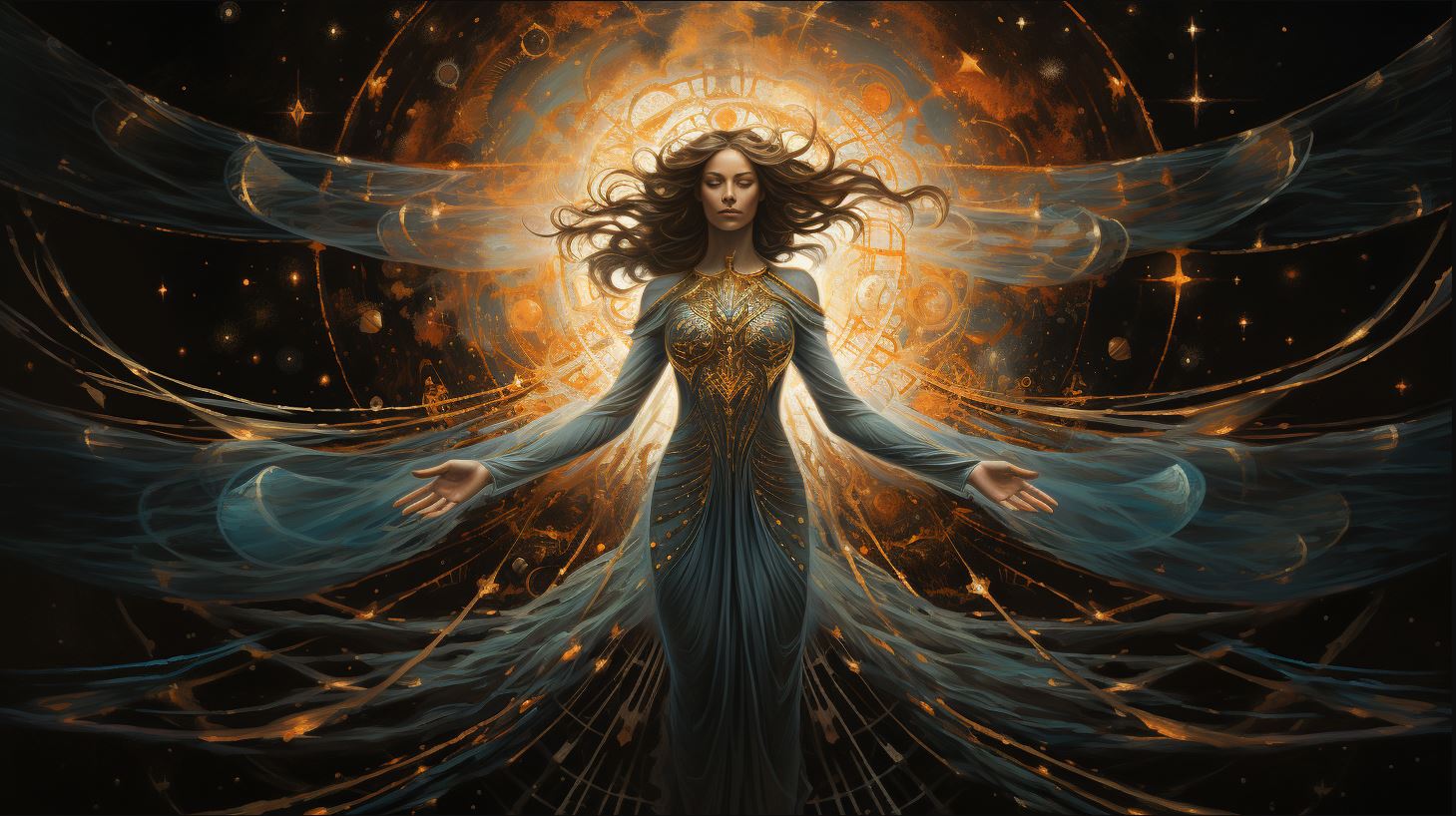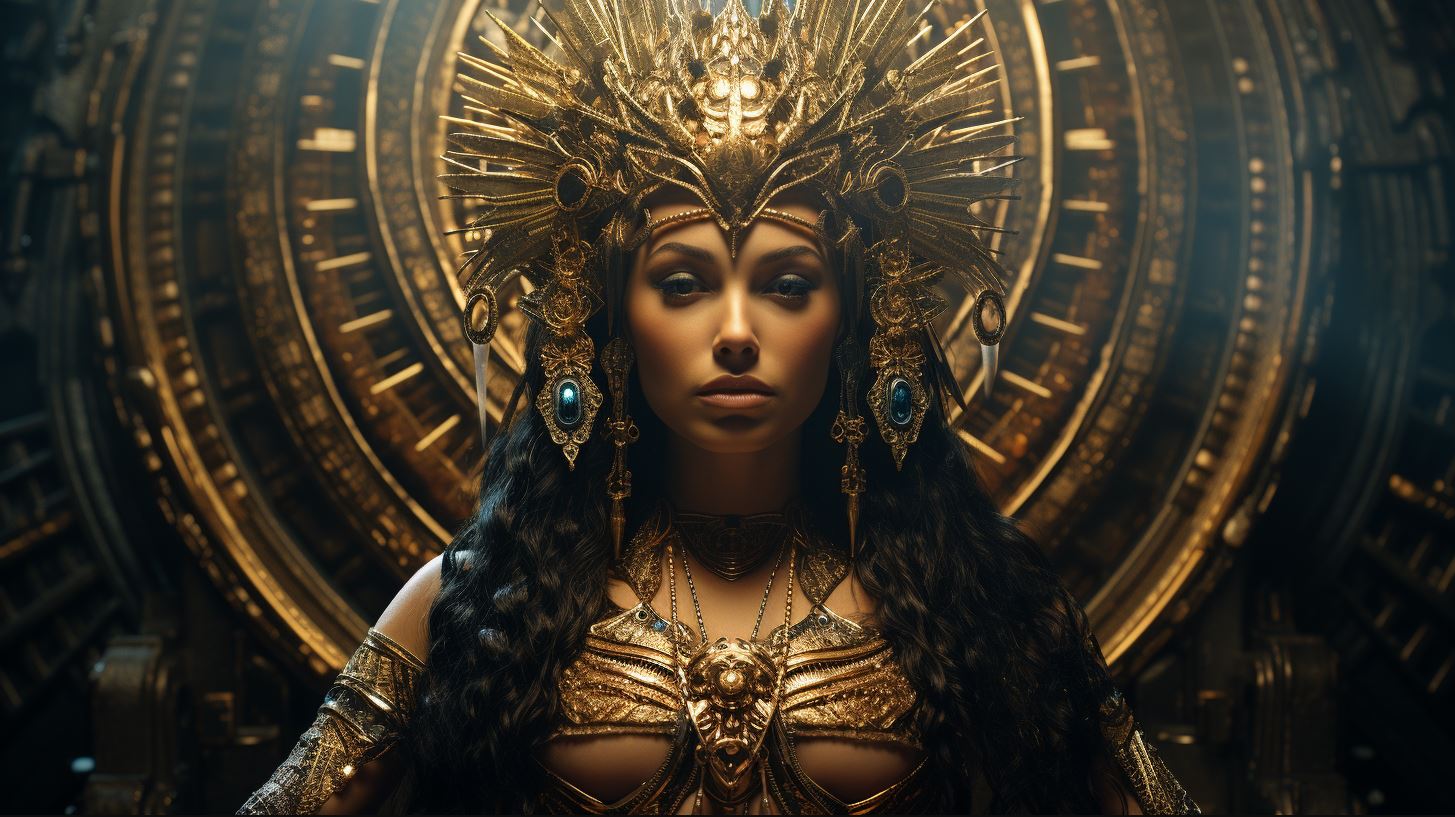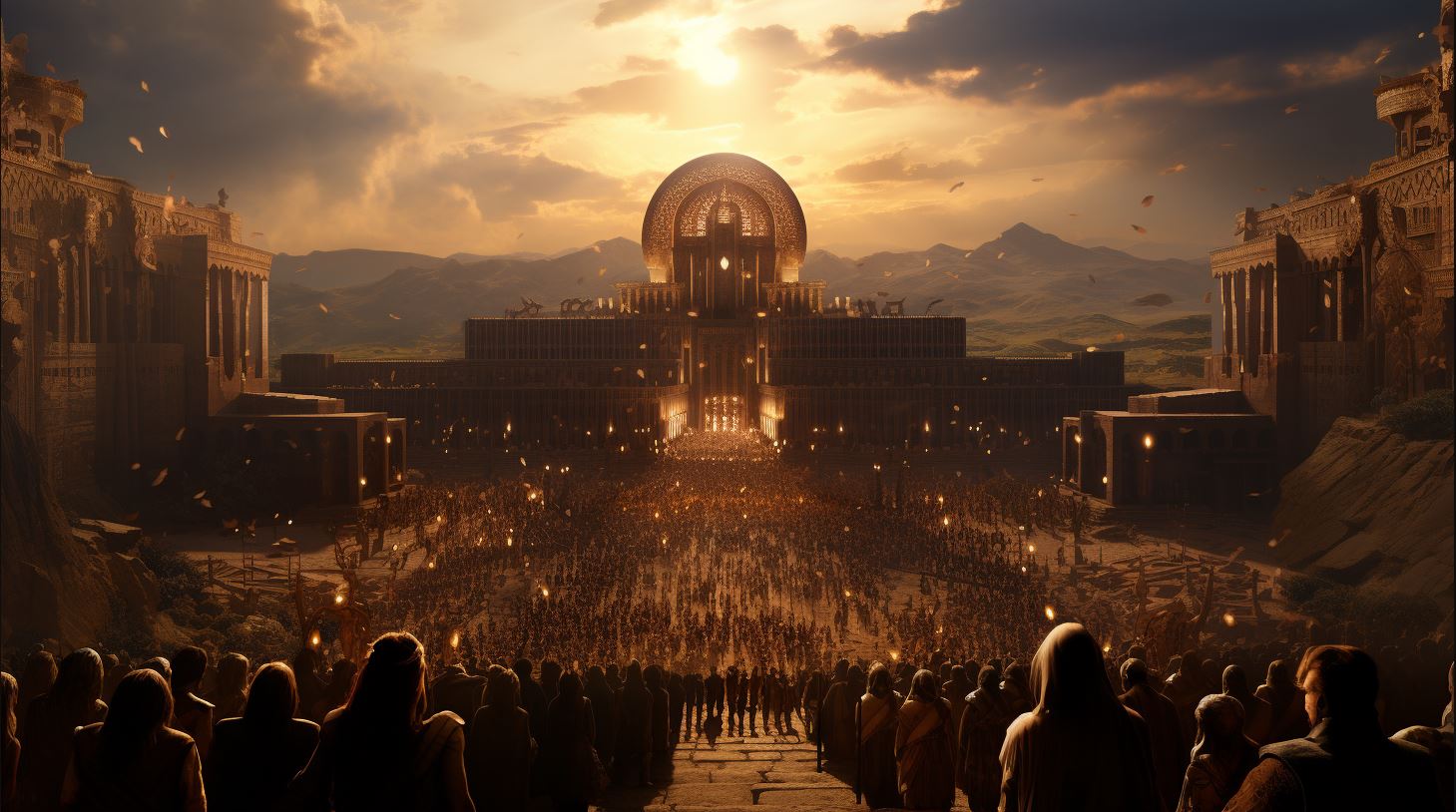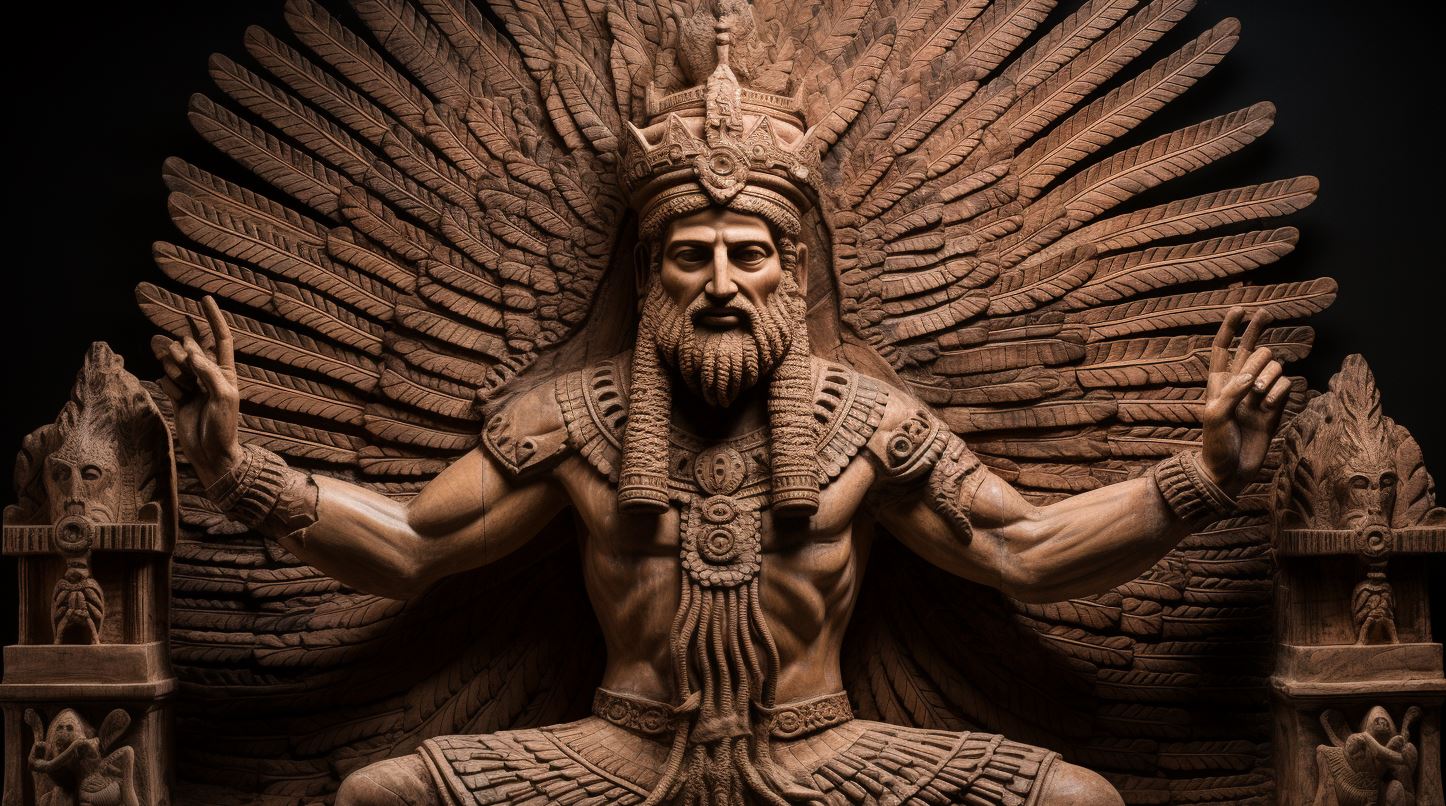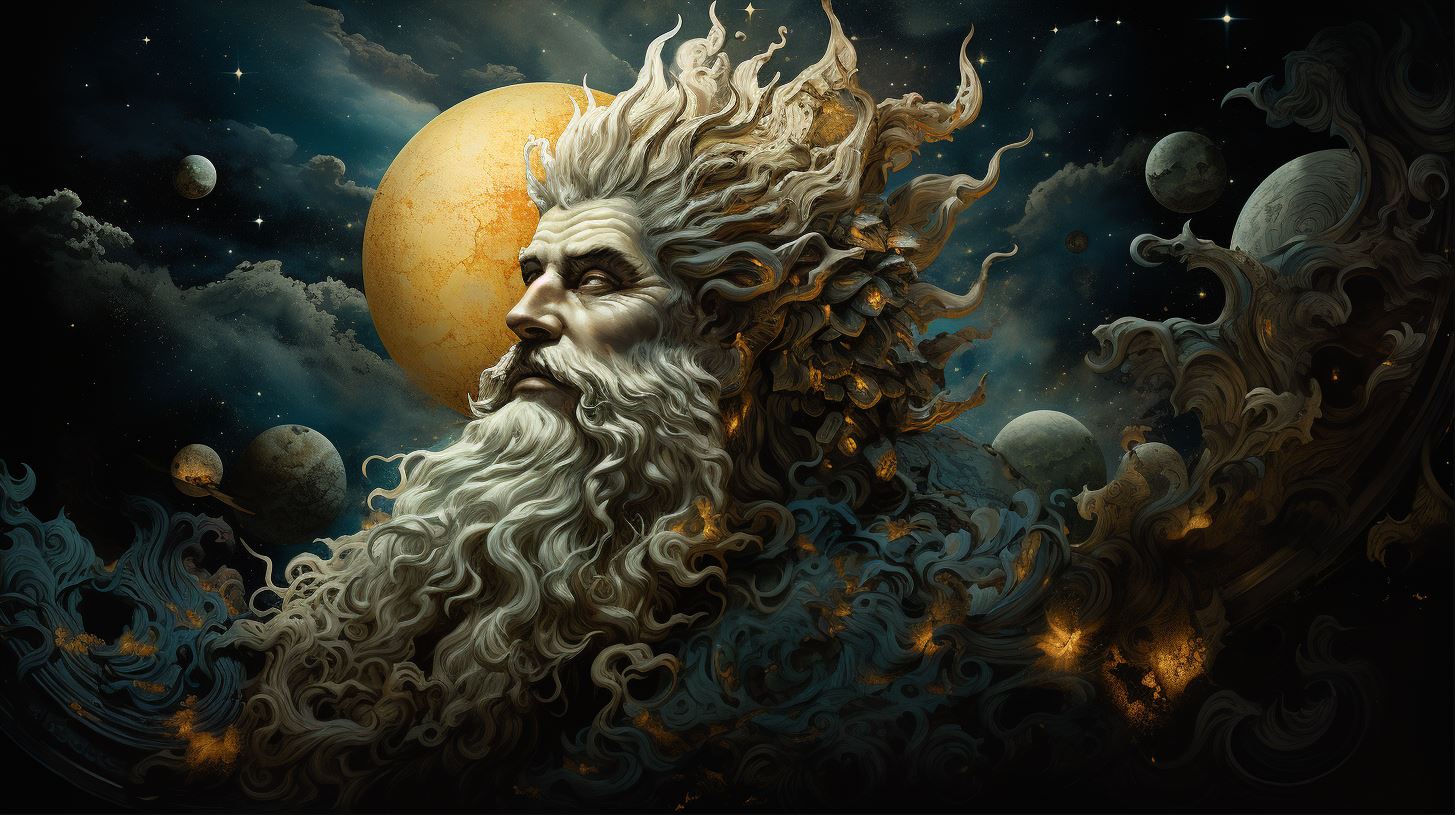Sumerian Creation Story: Exploring the Ancient Epic of Creation and Flood
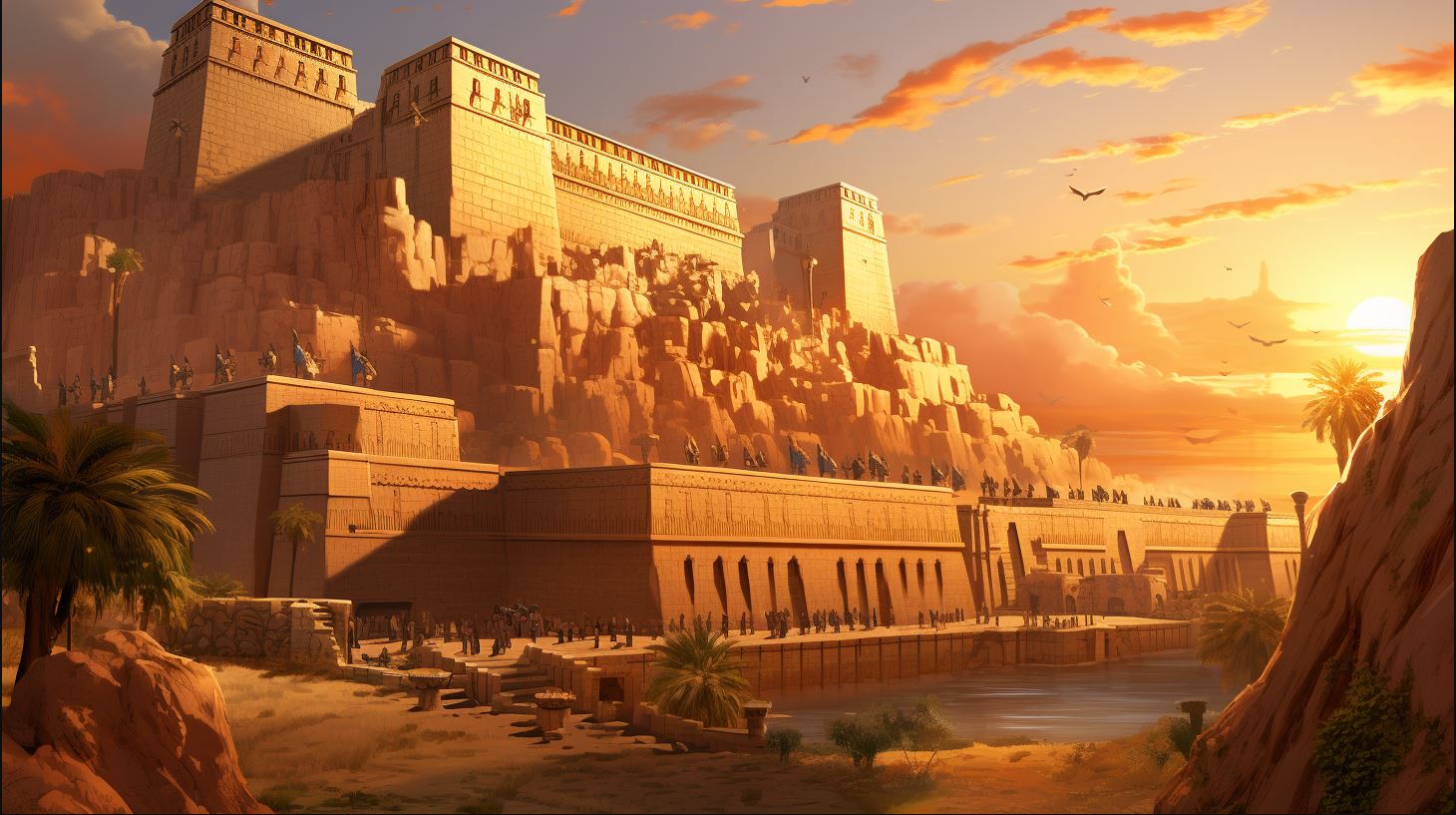
The Sumerian creation story is an ancient epic that recounts the origins of the world, the creation of mankind, and the great flood. According to this narrative, the gods molded humans out of clay to serve them and cultivate the land.
They also established cities and set up kingship on Earth. However, the gods decided to destroy humanity through a cataclysmic deluge. A man named Ziusudra, guided by the god Enki, built an ark and survived the flood.
This story bears similarities to the biblical account of Adam and Eve, shedding light on the religious and cultural aspects of ancient Mesopotamia.
Overview of the Sumerian Creation Story
The Sumerian creation story is an ancient epic that delves into the origins of the world and the creation of humanity. According to this myth, the gods shaped humans out of clay with the intention of utilizing them for various purposes.
They were designed to cultivate the land, tend to livestock, and worship the gods. Additionally, the gods constructed magnificent cities and established the concept of royalty on Earth.
However, conflicts arose between the gods and humans, leading to a decision by the gods to destroy humanity through a catastrophic flood.
One god, Enki, disagreed with this course of action and chose to disclose the plan to a man named Ziusudra. Ziusudra, known for his humility and obedience, built a mighty ark based on Enki’s instructions, which ultimately ensured his survival during the deluge.
After the flood, Ziusudra humbly prostrated himself before the gods An and Enlil and was greatly rewarded for his pious existence. Notably, the Sumerian creation story shares similarities with the biblical account of Adam and Eve in the Garden of Eden, despite some notable differences.
This ancient myth provides valuable insights into the religious, political, and cultural aspects of ancient Mesopotamia, shedding light on the beliefs and practices of early civilizations.
The Creation of Man and the Role of the Gods
In the captivating Sumerian creation story, humans were brought into existence by the gods, who crafted them from clay.
These divine beings had a specific purpose in mind for humanity—to till the land, tend to the flocks, and offer worship to the gods. Thus, humans were entrusted with the important tasks of agriculture, husbandry, and religious devotion.
The gods held significant influence over human affairs, imparting their knowledge and granting the authority to rule. They not only created humans but also established the foundations of civilization, constructing magnificent cities as centers of cultural and economic life.
These urban centers, built under the guidance of the gods themselves, served as hubs of innovation, trade, and political power.
This coexistence between gods and humans, with the latter serving as faithful subjects, underscores the intricate relationship between the divine and mortal realms in Sumerian mythology.
It reflects the belief that gods played an essential role in the lives of humans, guiding their actions and ensuring the harmony and prosperity of the earthly realm.
Throughout the Sumerian creation story, the interplay between gods and humans serves as a testament to the complex dynamics of ancient Mesopotamian society, where religious devotion and obedience to the divine were deeply ingrained in the fabric of human existence.
Understanding the role of the gods in the creation of humanity provides valuable insights into the spiritual and societal dimensions of this ancient civilization.
- Humans were created from clay and entrusted with agricultural, husbandry, and religious duties
- Gods guided human affairs, sharing knowledge and establishing cities
- Cities built by gods became centers of innovation, trade, and power
- The divine-human relationship reveals the religious and societal aspects of ancient Mesopotamia
The Construction of Cities and Establishment of Royalty
The Sumerian creation story not only recounts the origins of humanity but also provides insight into the establishment of cities and the role of royalty in Sumerian society.
Cities Built by the Gods
The gods themselves were credited with the construction of cities in the Sumerian creation story. These divine cities served as centers of civilization, where humans would live, worship the gods, and engage in various socio-economic activities.
The Role of Royalty in Sumerian Society
Royalty held a significant position in Sumerian society, and the creation story highlights their establishment. Kingship was considered a divine institution, bestowed upon mortal rulers by the gods. Kings acted as intermediaries between the gods and their people, responsible for maintaining order, justice, and prosperity within the city-states.
These kings were expected to promote economic development, oversee agricultural production, protect their subjects, and ensure the proper conduct of religious rituals to appease the deities.
The Construction of Cities and the Establishment of Royalty were crucial elements in the Sumerian society, shaping its political and social structure.
The divine origins of cities and the divine appointment of royalty formed the foundation upon which Sumerian civilization thrived.
The Conflict and Divine Decision
The Sumerian creation story depicts a significant conflict and divine decision that shaped the course of humanity. It reveals how the gods reached a momentous verdict to destroy mankind, deeming them unworthy of existence.
The Gods’ Decision to Destroy Humanity
In their divine wisdom, the gods collectively resolved to eradicate humanity due to their perceived flaws and shortcomings. This decision, driven by a combination of disappointment and disillusionment, represented a moment of divine justice that would alter the fate of humanity forever.
Enki’s Revelation and Ziusudra’s Escape
However, not all gods were in agreement with this destructive plan. Enki, the god of wisdom and intellect, saw the potential in humanity and revealed the impending doom to Ziusudra, a humble and obedient man chosen for his piety.
Ziusudra diligently followed Enki’s instructions and constructed a massive vessel, ensuring the survival of himself, his family, and various living creatures that were to accompany them. Through Enki’s intervention, Ziusudra escaped the escalating catastrophe and preserved the essence of humanity.
This divinely orchestrated escape challenged the gods’ decision and demonstrated the power of righteous human existence. Ziusudra’s escape became a testament to the value of virtue and obedience in the face of imminent destruction.
The Conflict and Divine Decision within the Sumerian creation story exemplify the intricate relationship between gods and humans, showcasing the transformative power of individual virtue and the potential for divine intervention in the face of calamity.
Ziusudra’s Survival and Rewards
Ziusudra, guided by the god Enki, undertook the immense task of constructing an ark in preparation for the impending flood. Following Enki’s instructions, Ziusudra built a great vessel capable of weathering the deluge that would soon engulf the world.
With careful precision, he constructed the ark, ensuring its seaworthiness and providing ample space for himself, his family, and various animals.
Prostration before An and Enlil
After surviving the cataclysmic flood, Ziusudra, filled with gratitude and reverence, prostrated himself before the gods An and Enlil. He acknowledged their power and divine authority, expressing his unwavering devotion and piety.
This act of submission showcased Ziusudra’s humble nature and unwavering faith, earning him the favor of the gods.
Ziusudra’s Reward of Everlasting Life
As a reward for his righteousness and devoutness, the gods granted Ziusudra the gift of everlasting life. This remarkable accolade bestowed upon him a unique status among humanity, ensuring his eternal existence.
Ziusudra’s survival and subsequent reward serve as a testament to the ancient Sumerian belief that leading a pious and obedient life is met with divine benevolence and immortal life.
The story of Ziusudra’s survival and the rewards he received sheds light on the ancient Mesopotamian society’s values, emphasizing the significance of obedience, humility, and reverence towards the gods.
It showcases the intertwining relationship between gods and humans while offering a glimpse into the religious and cultural beliefs of the Sumerians.
Comparison with the Biblical Story of Adam and Eve
The Sumerian creation story holds intriguing similarities with the biblical tale of Adam and Eve in the Garden of Eden, shedding light on the parallels and differences between these ancient narratives.
Similarities in Creation and the Conflict Between Gods and Humans
Both the Sumerian and biblical accounts involve divine creation of human beings. In the Sumerian story, gods create humans from clay to serve them, while in the biblical tale, God molds Adam from dust and breathes life into him.
These narratives share the common theme of humans being brought into existence by a divine entity.
Furthermore, both stories depict a conflict between gods and humans. In the Sumerian myth, the gods decide to destroy humanity through a flood, seeing them as a threat.
Similarly, the disobedience of Adam and Eve in the biblical account leads to their expulsion from paradise, signifying a rupture in the relationship between humans and the divine.
Differences in the Pursuit of Immortality and Disobedience
While there are similarities, significant differences emerge in the pursuit of immortality and disobedience.
In the Sumerian narrative, Ziusudra, the hero, is rewarded with everlasting life for his piety and obedience. In contrast, Adam and Eve in the biblical story are punished for disobeying God’s command by eating the forbidden fruit, losing their chance at immortality by being driven out of Eden.
This contrast highlights a distinct perspective on the consequences of disobedience and the pursuit of immortality in these ancient belief systems.
In summary, the Sumerian creation story and the biblical story of Adam and Eve share resemblances in the creation of humans and the conflict between gods and humans.
However, differences arise regarding the pursuit of immortality and disobedience, revealing unique insights into the cultural and religious perspectives of the ancient Mesopotamians and biblical teachings.
Significance in Understanding Ancient Mesopotamia
The Sumerian creation story, with its rich mythology and cultural elements, holds great significance in understanding the ancient Mesopotamian civilization.
It provides valuable insights into the religious beliefs, political structures, and cultural practices of this early society.
By examining this epic, we gain a deeper understanding of how the Sumerians perceived their origins, cosmology, and the relationship between humans and deities.
The tale reveals their belief in the divine creation of humanity, the purpose of humans as servants and worshipers of the gods, and the divine intervention in their lives.
Furthermore, the construction of cities and the establishment of royalty portrayed in the Sumerian creation story shed light on the social and political organization of ancient Mesopotamia.
It illustrates the importance of urban centers and the hierarchical structure of Sumerian society.
The narrative also unveils the complex dynamics between gods and humans, as well as the consequences of their actions.
The conflict between the gods leading to the decision to destroy humanity, and the compassion of Enki towards Ziusudra, showcases the moral and ethical implications within the society.
In conclusion, the Sumerian creation story offers a valuable lens through which we can explore the religious, political, and cultural intricacies of ancient Mesopotamia.
Its portrayal of the human-divine relationship, social organization, and ethical dilemmas provides a fascinating glimpse into the worldview of one of the world’s earliest civilizations.
Other Similar Myths in Sumerian Mythology
Within Sumerian mythology, the Sumerian creation story is not the only intriguing tale.
There are several other myths that provide insight into the beliefs and culture of ancient Mesopotamia. Here, we explore some of these fascinating narratives:
- The Epic of Gilgamesh: A heroic saga that follows the adventures of Gilgamesh, a legendary king who embarks on a quest for immortality.
- The Descent of Inanna: In this myth, the goddess Inanna travels to the underworld, facing various trials and challenges along the way.
- The Myth of Nammu and Enki: This story tells of the creation of the world, with Nammu, the primeval goddess, and Enki, the god of wisdom, playing central roles.
- The Enuma Elish: Also known as the Babylonian creation myth, it narrates the conflict between the gods and the rise of Marduk as the supreme deity.
These myths depict themes of heroism, creation, and divine power, shedding light on the complex religious beliefs and storytelling traditions of ancient Sumeria.
Exploring these tales further reveals the rich tapestry of ancient Mesopotamian mythology.
.











